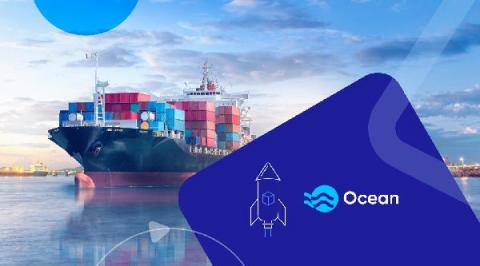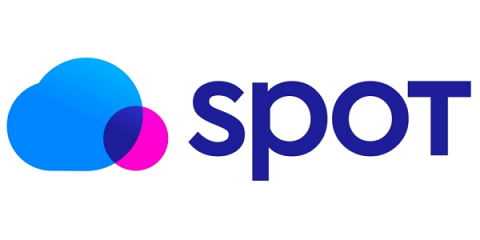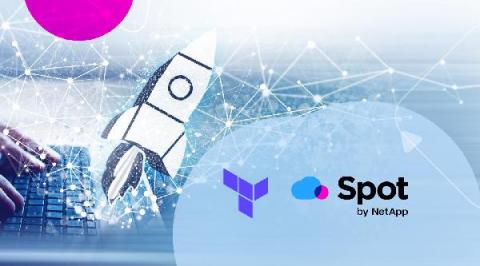Optimized billing and customer management for AWS MSPs
Cloud MSPs or managed service providers are great at helping companies properly leverage the public cloud, typically handling cloud strategy, implementation and day-to-day operations for their customers. However, when it comes to things like customizable billing, analyzing cloud spend per customer, optimizing cost and increasing profit margins, MSPs are over-burdened with complex, manual processes.











